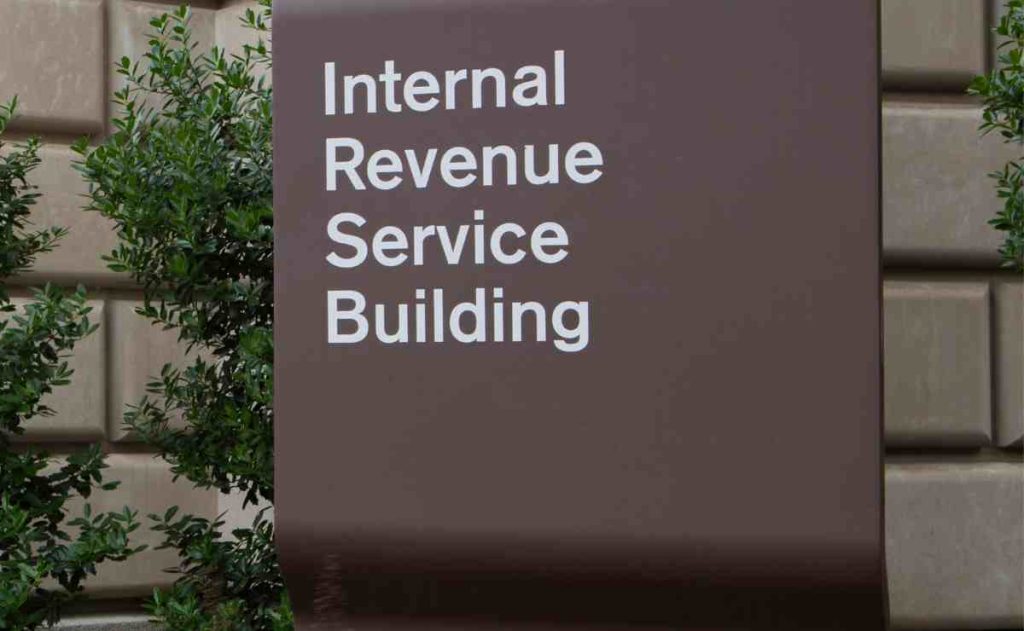Taxpayers with an adjusted gross income of $79,000 or less can utilize the IRS Free File system to submit their federal tax return at no cost. On Friday, the IRS Free File software service was launched, signaling the commencement of its usage as taxpayers gear up for the official start of the tax season on January 29, when Americans can officially submit their returns for the 2023 tax year.
Taxpayers with an adjusted gross income of $79,000 or less in 2023 can take advantage of the IRS Free File system to submit a straightforward federal tax return without incurring any charges. The 22nd anniversary of Free File signifies its enduring success, having evolved into a collaborative venture between the IRS and eight private-sector tax-prep partners, such as TaxAct and TaxSlayer.
The Free File Program Set to Simplify Tax Filing in 2024
IRS Commissioner Danny Werfel emphasized the ongoing partnership with Free File Inc. to facilitate free electronic tax filing for taxpayers. He stated, “Taxpayers will always have choices for how they file their taxes”. They can file using tax software, a trusted tax professional, Free File, or free tax preparation services through IRS partners. Through the years, Free File has helped millions of taxpayers, and it remains an important option for people to consider using to quickly and easily file their taxes.
The list of partners for 2024 includes:
- 1040Now
- Drake (1040.com)
- ezTaxReturn.com
- FileYourTaxes.com
- On-Line Taxes
- TaxAct
- TaxHawk (FreeTaxUSA)
- TaxSlayer
It is important to note that Free File is distinct from the “Direct File” program, currently in the pilot stages for 2024, which also enables taxpayers to file their returns for free. For taxpayers interested in utilizing Free File, the initial step involves confirming eligibility. Choosing a provider (one of the tax-prep partners) is the next crucial step, with each setting its own criteria, primarily based on factors such as income, age, and the taxpayer’s residing state.
To qualify, taxpayers must have an adjusted gross income of less than $79,000 for the tax year 2023 and ensure that their returns involve straightforward tax matters without complex issues or itemized deductions.
Taxpayers should gather essential tax documents (W2s, 1099s, etc.), possess their Social Security number, and have a previous tax return at hand. They can then visit the Free File website to locate a “Trusted Partner.” Upon selecting the appropriate site, they can initiate the process of working on their tax return.
For those eligible, exploring Free File is advisable, especially if seeking to save money or looking forward to a prompt refund. Considering a 25% increase in tax-prep fees by tax professionals last year, as reported by the National Association of Tax Professionals, utilizing Free File can potentially result in significant cost savings, potentially amounting to hundreds of dollars.
Exploring Options for Tax Payment to the IRS
The IRS recognizes the importance of providing taxpayers with flexible payment arrangements to address their financial obligations. Individuals who qualify can explore deferred payment options, demonstrating the IRS’s commitment to assisting taxpayers in managing their tax liabilities. Understanding the available resources and support is crucial for taxpayers to navigate the tax payment process efficiently.
Taxpayers have various alternatives to fulfill their obligations to the IRS, offering flexibility and convenience. One option is using a debit card for tax payments, although it’s essential to carefully review the terms and conditions of each provider. Additionally, the IRS offers diverse payment plans, ranging from a 180-day installment plan to monthly arrangements. Choosing the most suitable plan depends on individual circumstances, and direct consultation with the IRS can help determine the optimal approach.
As a primordial thing to have in mind, you must always pay your taxes on time to avoid potential fines or penalties, emphasizing the need for proactive tax management. In conclusion, taxpayers are encouraged to explore IRS payment options, selecting the one that aligns best with their financial situation.
The IRS will not play any games, as the entity takes penalties as something very serious. That’s why you must have a nice and cool relationship with your taxes filing them on time and pay what you have to pay, also on time.
